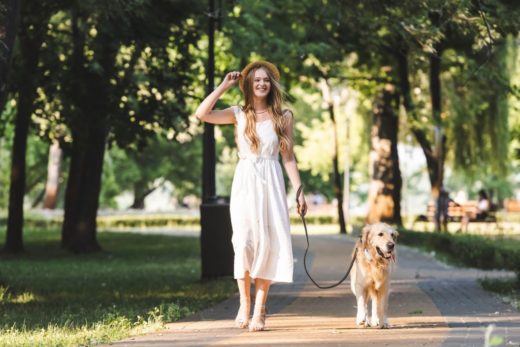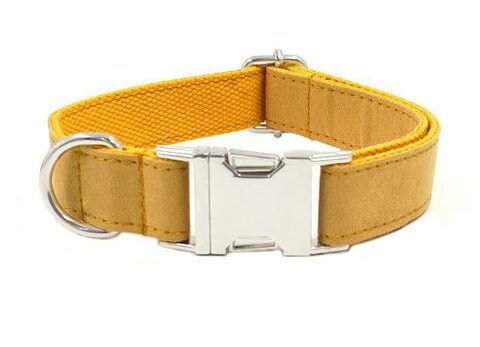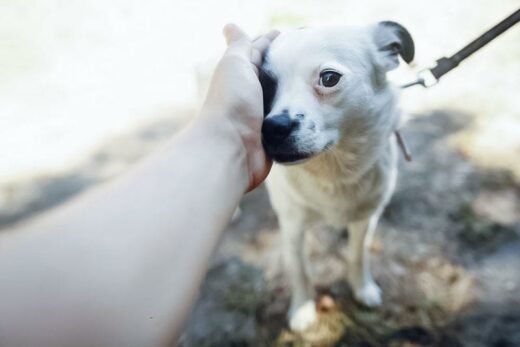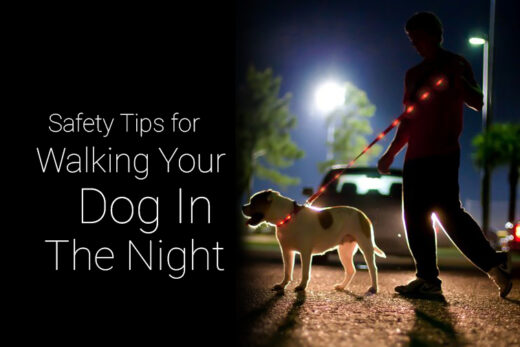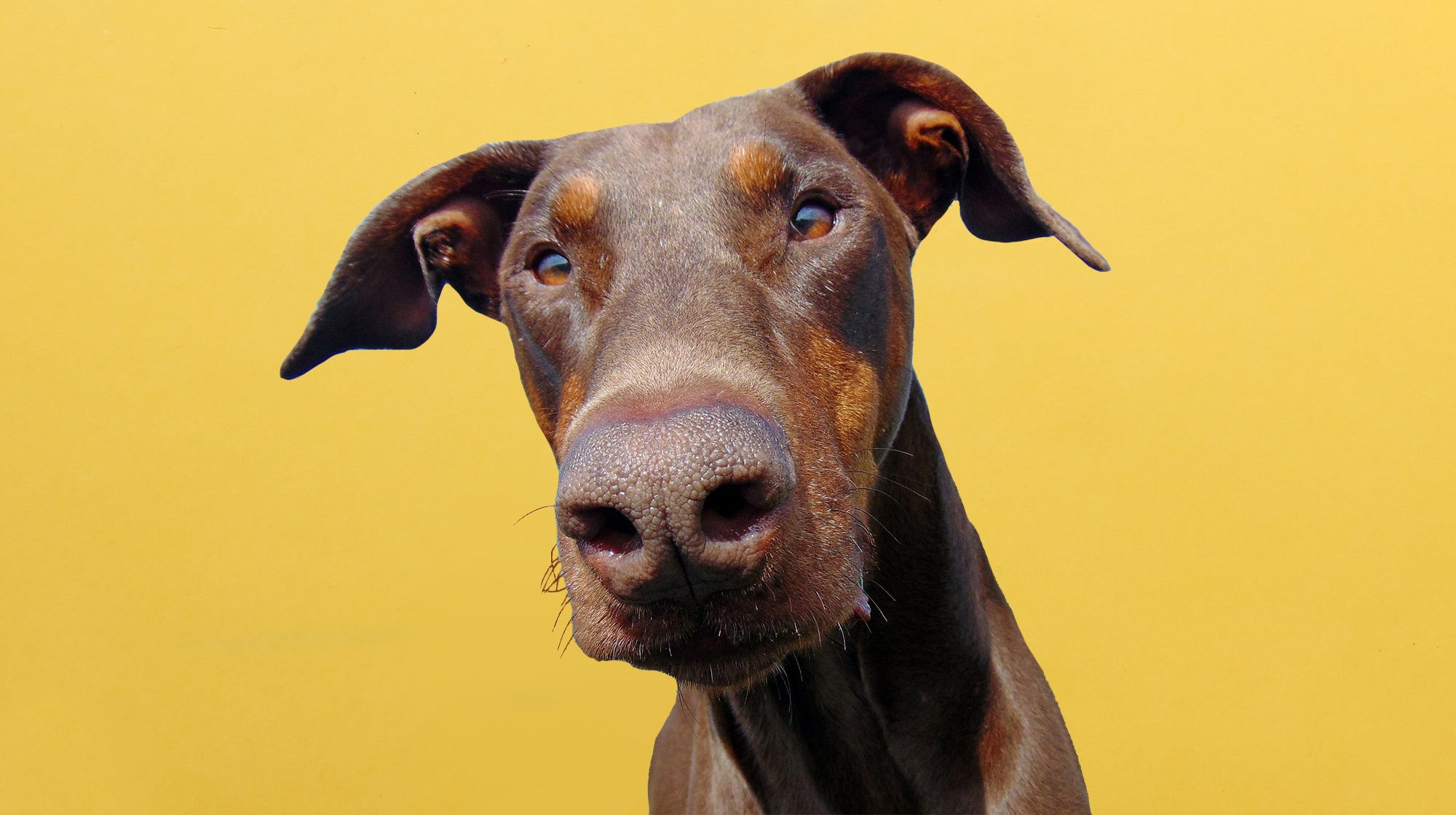
The Dobermann is an impressive specimen of a dog that has a reputation for being ‘hard’. The truth is, many are sloppy and affectionate and wouldn’t hurt a fly. Having said this, they are a powerful dog and are sometimes owned by the ‘wrong’ type of person as a status symbol or guard dog.
The Dobermann is known to suffer from a range of health issues so owners should make themselves aware of what medical conditions they may develop. It is important to source your Dobermann from a reputable breeder who performs screening tests on their breeding dogs. Health insurance is strongly advised.
Breed history
The Dobermann has a truly interesting and unique history. A man name Karl Dobermann can be credited with their existence. He was a tax collector who had an interest in breeding and developing dogs. As his job could be precarious, he needed a dog who would protect him while he worked. He developed what he thought was the ‘ideal’ companion by mixing breeds such as the Beauceron, Rottweiler and German Shepherd until he hit on what he believed to be the ‘perfect’ dog.
The first Dobermann was bred in the late 1800’s. Since then, they have been used by the police, army and other organisations who have admired their dedication and skills. As the Dobermann moved from his role as ‘worker’ to ‘pet’ many were bred to be more affectionate and sociable.
General appearance
Tall and striking to look at, the well-muscled Dobermann has a long muzzle and athletic frame. While some dogs may have their ears cropped or tails docked, this practice is largely falling out of favour and is deemed unethical and illegal in many parts of the world, including the UK.
Though most Dobermann dogs are black and tan, individuals can also be blue, red or fawn coloured. All dogs are bi-coloured and have beautiful and distinctive markings.
Temperament
If only one word could be used to sum up the Dobermann, it would have to be ‘loyalty’. This is a dog that will truly dedicate itself to its owner. If asked, they will keenly guard both their owner and their territory. Alert and watchful, they make both an excellent watch dog and guard dog.
These dogs can be strong-willed and need a firm hand to point them in the right direction. Early, positive socialisation is key to avoid them being aggressive when new people enter your home.
Highly intelligent, this breed dislikes when they are left to their own devices for too long and needs to be given a task to keep them occupied. Without sufficient stimulation, they can become destructive and may bark excessively.

